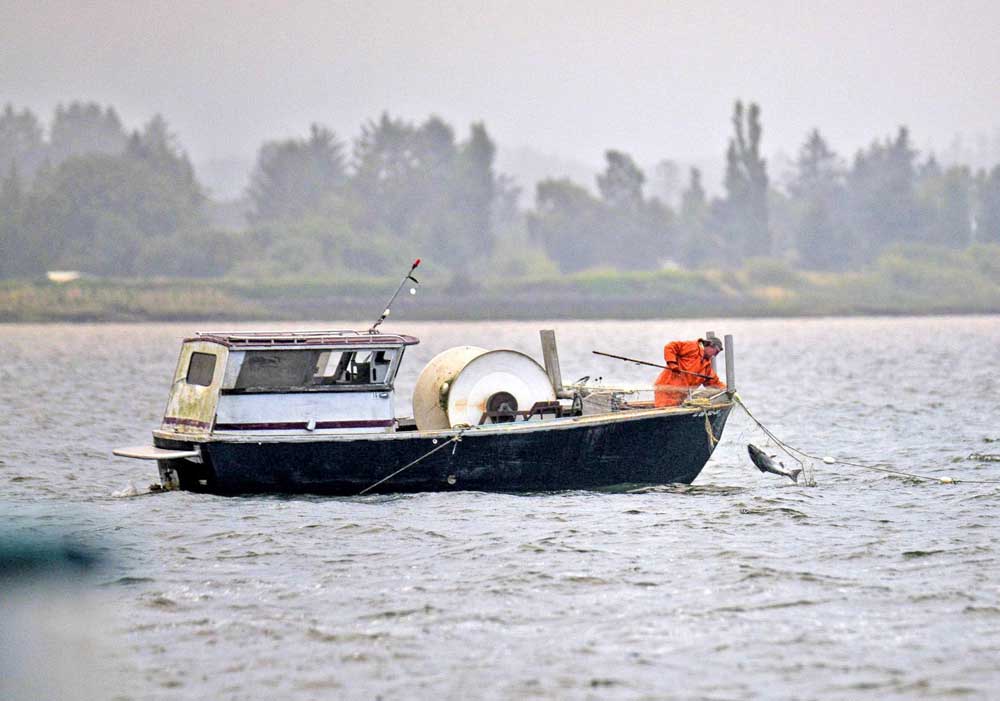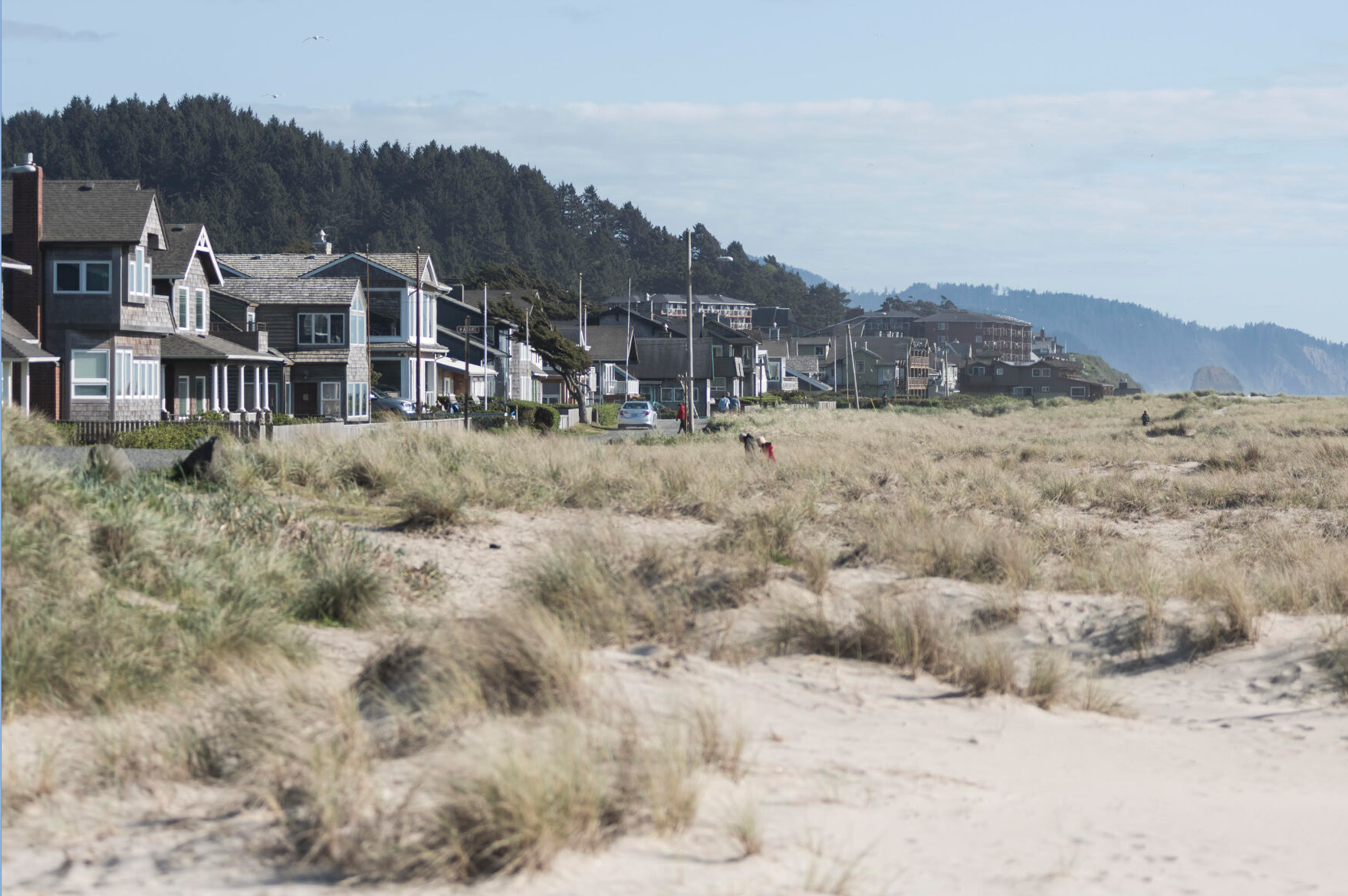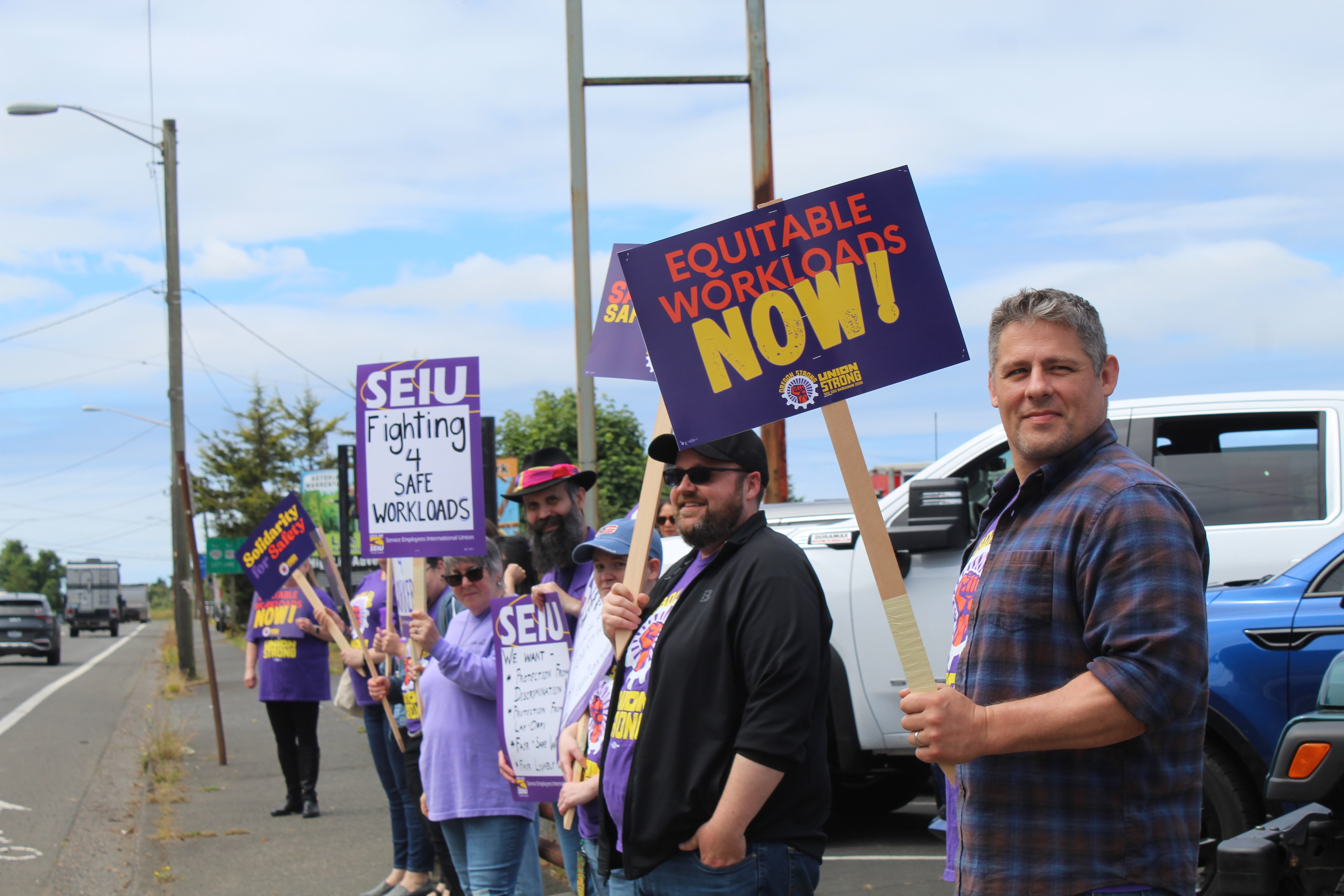Our View: Return to evenhanded salmon management
Published 12:30 am Thursday, May 12, 2022

- Gillnetters, like this one working in Youngs Bay, have honed ways to target hatchery and net-pen salmon.
In Astoria in April, the Oregon Fish and Wildlife Commission learned there’s still plenty of life in commercial fishing. This may have come as a surprise, considering how some sport fishing groups have mischaracterized the industry as irrelevant.
Trending
Since Washington state and Oregon co-manage Columbia River fisheries, the commission’s policies take on great importance for all who value the continuing economic and social benefits of traditional industries. Of these, salmon fishing is so deeply entwined in local culture that it may be said to comprise a key element of our heritage.
Oregon commissioners visiting local fish processors observed a diverse workforce whose wages make a meaningful contribution to Clatsop County’s overall economy. In a region now best known as a tourist destination, commercial fish harvests support middle-class families on both sides of the Columbia. This fresh “fish money” is multiplied several times as it goes into making house payments, buying cars and groceries and creating jobs in everything from local schools to espresso stands.
Under the leadership of Mary Wahl, the commission’s chairwoman, the commission is demonstrating a willingness to address complex issues confronting Oregon’s natural resources. Their approach to diversity, equity and inclusion opportunities and commitment to addressing climate change and its impacts are laudable. The strong commitment of today’s commission to conservation is correct.
Trending
Still in need of a course correction are misguided policies dictated by former Oregon Gov. John Kitzhaber. In 2012, Kitzhaber, with the support and assistance of sport fishing advocates, usurped the commission’s longstanding leadership and expertise in managing Columbia River salmon. The top-down Kitzhaber plan was an ill-disguised mandate that took away the share of salmon allocated to small businesses in the form of gillnetting boats, attempting to replace them with unproven alternative fishing methods and places.
The Kitzhaber plan purported to consider the needs of all user groups and to prevent serious economic harm to any single community. Instead, it incorporated tactics familiar to marginalized communities throughout history — big promises and thoroughly inadequate follow-through.
Harvest shares for traditional small-boat commercial fishermen were reduced up front in exchange for assumed future production without any guarantee of implementation or success. Areas of the Columbia River which supported traditional fishermen for generations were deemed to be off limits for all but sportsmen. Millions of dollars were spent testing new types of fishing gear that proved to be ineffective or too expensive. Traditional gear carefully designed and used to target hatchery salmon was unilaterally condemned. New off-channel fishing areas were not identified or funded.
In short, the economic damage to the lower river fishing families was immediate and the remedies promised only existed in an uncertain and unproven future.
Local communities thoroughly appreciate sport fishermen. Their purchases, charter trips and guide fees, lodgings and friendly enthusiasm make tremendous contributions to our economy and character.
But the Fish and Wildlife Commission ought to correct an injustice by returning salmon management decisions to its well-qualified staff, guided by overarching principles of equitable sharing, fair treatment and social justice. By returning to a balance that recognizes the value of small commercial fishing boats, commissioners can preserve the last of these important small businesses — boats that provide delicious salmon for the majority of local nonfishing families who may otherwise never enjoy this iconic Pacific Northwest delicacy.
Salem-based decision making has generated a strong pushback in rural counties, leading a number of them to declare a wish to split off into Idaho. Clatsop County clearly will not be among them. But its residents are no strangers to the impression that decisions affecting them are warped by urban politics and lack of understanding. The commission can aid in healing this divide.
At its core, Columbia River policy should be grounded in the same values and urgency that guided earlier decisions. It is not necessary or required that commissioners become experts on fisheries management to form good policy. Oregon and Washington state fisheries staff is more than capable of drafting rules that will meet standards determined by the two commissions.
We trust that opening a frank discussion with all stakeholders and forming a policy based on fair treatment, equity in both burden and benefit, and social justice will lead the Fish and Wildlife Commission to a policy that they can be proud of and under which all user groups can thrive.









